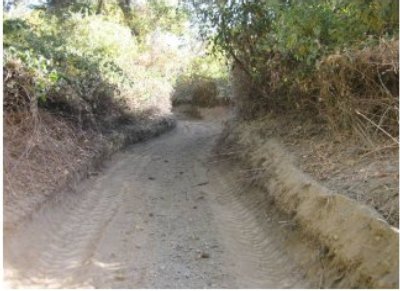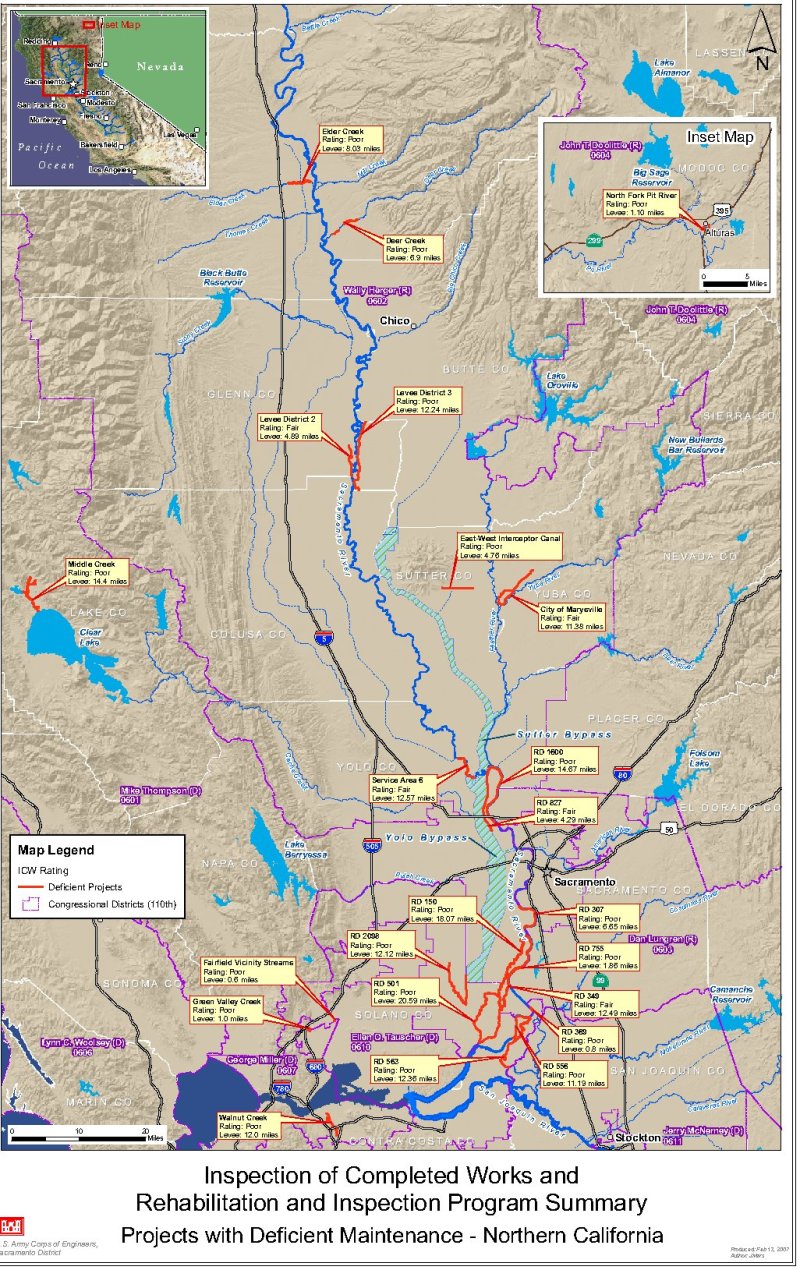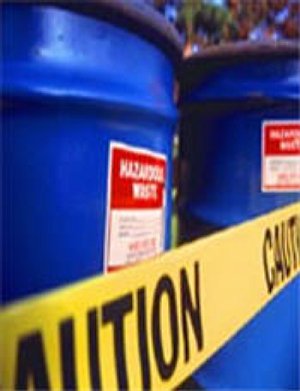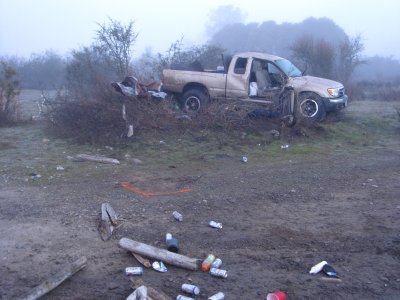- Elizabeth Larson
- Posted On
State lifts Lakeport sewer connection ban
Acting City Manager Richard Knoll and other city staffers attended the meeting Thursday morning in Rancho Cordova.
The hookup ban resulted from an incident last April in which the city sewer system became overloaded due to heavy rains and problems with Willopoint trailer park's sewer system.
The city tried to release treated wastewater from its system through irrigation, in order to prevent its sewer ponds overflowing, according to Knoll. Because of ground saturation, between three and six million gallons of treated wastewater ran off the site, into a Clear Lake tributary and, eventually, into the lake itself, which violating CLMSD's waste discharge agreement with the state.
Knoll said the board did decide to formally impose the cease and desist ban – which had been issued to the city on Jan. 18, at the same time as the hookup moratorium. However, it agreed to lift the connection ban, he said.
“There are a number of stipulations and conditions associated with the cease and desist order, including the fact that we have to construct 90 acres of additional irrigation facilities related to our spray disposal at the wastewater site,” he said.
That work needs to be completed by Nov. 1, he said, and would add capacity to the system.
The city has agreed to other stipulations spelled out in the cease and desist order as well, said Knoll, including completing a sewer master plan, and more plans for staffing and revenue.
The project to add irrigation is progressing, said Knoll. At the March 20 City Council meeting staff will offer a proposal from the city's engineering firm that include design and bid specifications for the project.
Last month, Knoll said, the council directed staff to begin negotiations on the irrigation facilities and another capacity-increasing project, which would build a bypass channel around the sewer system's recapture basin, allowing the city to extend irrigation, its main treated wastewater disposal method.
The regional board and the city didn't see eye to eye on everything, said Knoll, including capacity calculations for the city's sewer system. He said during his testimony at Thursday's meeting he mentioned his concerns about those calculations and the board's methodology.
Some of the regional board's staff research included using the city's draft general plan as a basis for calculating capacity, said Knoll, which isn't an accurate approach.
They also found on the city's Web site a map of proposed projects that, if built, would not all run into the city's sewer system.
The information the regional board staff pieced together led them to conclude that several hundred new homes would hook up to the system within the next few years, said Knoll.
Knoll said that's untrue, and after looking historically at the number of new home permits he reported to the board that the city is issuing an average of 12 to 14 permits annually.
Scott Schellinger of Schellinger Brothers, the company building the Parkside subdivision near Westside Community Park, attended the meeting, said Knoll. Schellinger told the regional board that if they could build and sell 25 homes in the next year in Lakeport they would be “ecstatic.” He added that Lakeport is a market that doesn't have high-volume housing demand.
With those objections lodged, however, Knoll said the city was willing to accept the board's conclusions about capacity and move forward.
“The question was, is the city out of capacity?” Knoll said. The answer, he added, based on the water board's calculations, was yes.
However, capacity will expand due to the city's planned projects, he said.
“That is the basis upon which the regional board lifted the connection ban,” said Knoll.
Knoll explained that he told the regional board that it's been a difficult year for the city in terms of the sewer issue. He said he's had to adjust his own thinking about the city's sewer capabilities.
“We've had to come to grips with the fact that we don't have as much capacity as we thought we did,” he said.
Hookups to the sewer system would be able to take place again after Nov. 1 once the city fulfills the regional board's stipulations, said Knoll. That will allow Schellinger Brothers to move forward with permits, including four that were pending for new family homes.
Knoll reported Rick Kemp at the Sears on Main Street also had wanted a building permit for a new business in his plaza, which while in the county would flow into the city sewer system.
With the regional board's willingness to lift the ban based on the city's proposed capacity projects, the city now has new hurdles, said Knoll.
The irrigation and bypass channels, together, are in the million-dollar range, said Knoll.
“How we're going to pay for it is going to be the challenge,” he said.
E-mail Elizabeth Larson at This email address is being protected from spambots. You need JavaScript enabled to view it..
{mos_sb_discuss:2}












